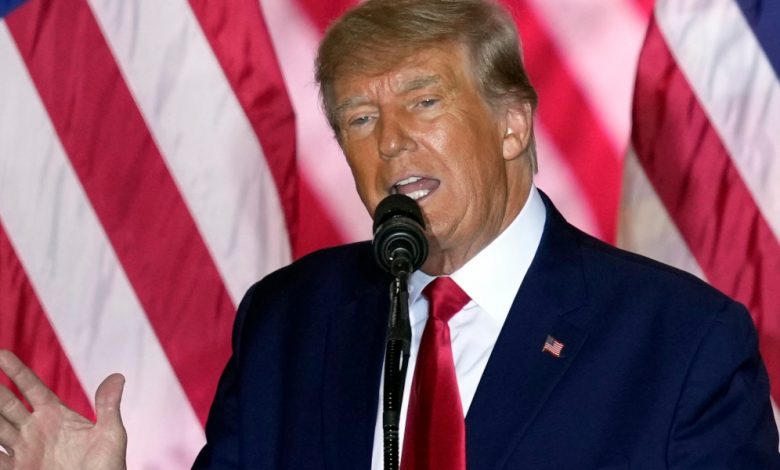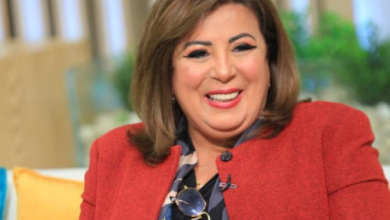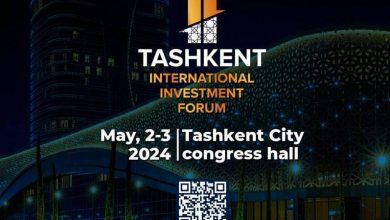Trump Organization fraud case in Manhattan reaches closing arguments

Prosecutors resumed their closing arguments in the Trump Organization’s criminal tax fraud trial on Friday, pledging to share previously undisclosed details about Donald Trump’s knowledge of a tax evasion scheme hatched by one of his top executives.
“Donald Trump knew exactly what was going on with his top executives,” Manhattan Assistant District Attorney Joshua Steinglass told jurors Thursday during the first half of his closing argument, adding, “We’ll come back to that later.”
Steinglass spoke for about an hour on Thursday and told the judge he expected to take at least four hours in total to summarize the case against the former president’s company.
The Trump Organization, the entity through which Trump manages his real estate holdings and other ventures, is accused of helping executives avoid paying income taxes on company-paid perks like Manhattan apartments and luxury cars.
Prosecutors argue that the Trump Organization is liable because two executives involved in the scheme — longtime chief financial officer Allen Weisselberg and controller Jeffrey McConney — were “senior” agents hired to act on behalf of the company and its various entities act.
Trump himself is not on trial. The company’s lawyers protested Steinglass’ comment Thursday, but Judge Juan Manuel Merchan contradicted them. He said the company’s lawyers opened the door by claiming in their closing arguments that Trump was unaware of the plan.
“The fact that this was sanctioned and a practice that Mr. Trump was aware of directly refutes that claim,” Steinglass told Merchan as attorneys continued to discuss the issue Friday morning before the jury entered the courtroom.
“You can’t use that as a sword and shield,” Steinglass said, responding to the defense’s repeated objections. “You can’t try to exonerate someone who isn’t on trial and not give me a chance to respond to that.”
Merchan said it was “fair game” for Steinglass to address Trump’s knowledge of the scheme, but cautioned him against delving into the issue or suggesting that the former president should be indicted along with his company. Steinglass promised to abide by those terms.
The defense has claimed that Weisselberg dreamed up the tax evasion scheme himself, unbeknownst to Trump or the Trump family, and that the company did not benefit from his actions. Weisselberg testified that Trump didn’t know, but that the Trump Organization took some advantage in not having to pay him as much salary.
“Your entire theory of the case is a scam,” Steinglass said.
The tax fraud case is the only lawsuit emerging from the Manhattan Attorney’s Office’s three-year investigation into Trump and his business practices. The company denies wrongdoing,
If convicted, the Trump Organization could be fined more than $1 million.
Closing arguments are the last chance for prosecutors and defense attorneys to influence the jury before deliberations next week.
Our new weekly Impact Report newsletter will examine how ESG news and trends are shaping the roles and responsibilities of today’s leaders – and how best to address these challenges. Subscribe here.



